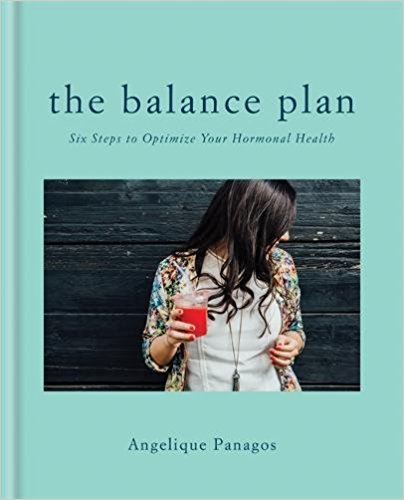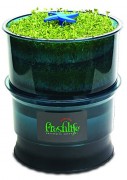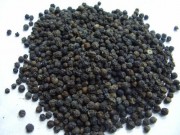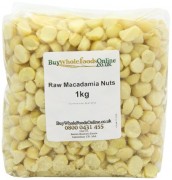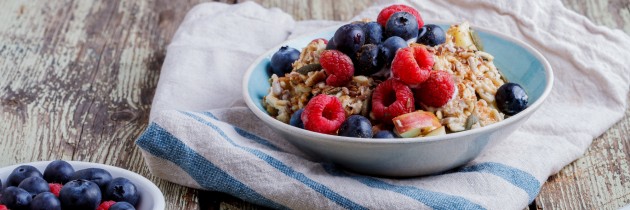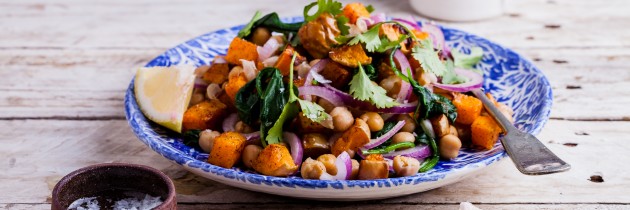6 healthy foods to help balance your hormones
Do you walk around feeling like one of the hormonal seven dwarves?
• Grumpy
• Scratchy
• Bitchy
• Bloaty
• Sleepy
• Hungry
• Spotty
Have you ever thought it might be down to your hormones?
Hormonal imbalances are not just for teenagers and menopausal women. Hormones can affect any of us at any stage of life and unfortunately most of the time we are only aware of our hormones when they bring with them a host of not-so-desirable symptoms like PMS, headaches, mood swings, weight gain, spots, bloating, insomnia and sadly the list goes on…
Luckily there is a lot you can do nutritionally to help keep your hormones balanced!
Hormones need a steady stream of nutrients for them to work efficiently, nutrients we need to get from the food we eat. This complex hormonal dance works in synergy and is dependent on internal factors such as the status of other hormones and external factors such as diet and lifestyle.
So let’s start by taking a look at diet. Below are six food tips to start implementing into your diet. Remember, there is no one food (or six) that will balance your hormones and take all your symptoms away! Anyone that tell you that is talking BS, but when we consistently eat a varied diet rich in the nutrients our body needs we start to feel the benefits and we start on the path to hormonal freedom.

There are so many reasons I recommend a variety of green vegetables to my clients, especially cruciferous vegetables like broccoli, brussels sprouts, cabbage, cauliflower, collard greens, kale, mustard greens, turnips and watercress. These powerhouses contain the phytochemical called Indole-3-Carbinol (I3C) which has been shown to increase oestrogen metabolism and can help reduce with the dreaded PMS.
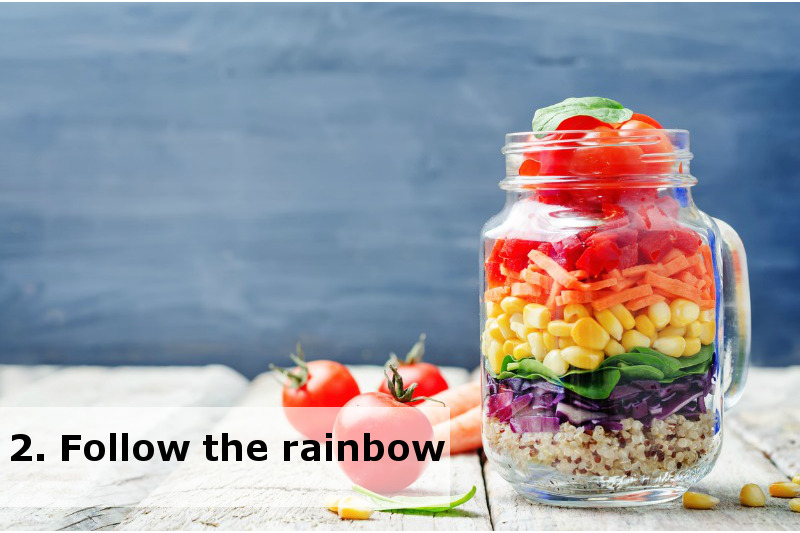
Each day, we need to eat an array of fibrous foods to stay regular and keep our blood sugar levels in check. You guessed it, that means eating your vegetables. I keep talking about vegetables because unfortunately, they are totally underrated and missing in most people’s daily diet! Follow the rainbow and aim to get in 5 – 8 portions of veggies a day, if you are not having any at the moment start small and build yourself up.
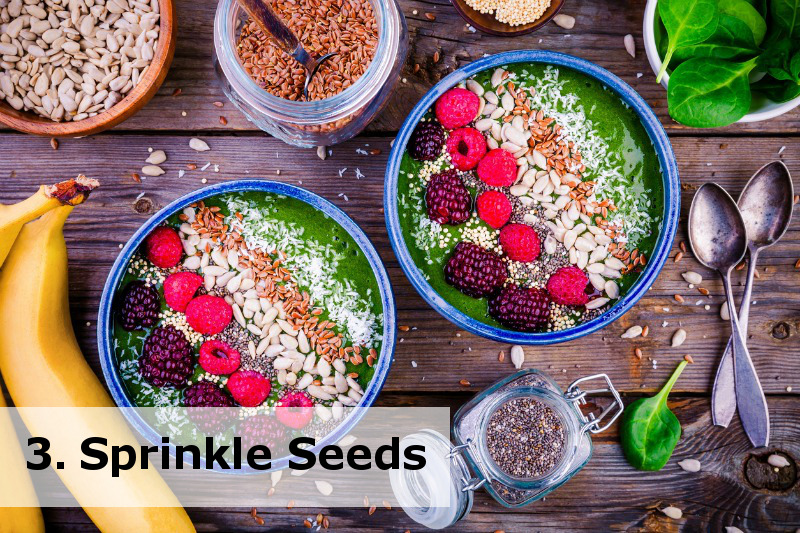
Seeds like pumpkin, sunflower and sesame seeds are high in healthy fats as well as magnesium. This superhero Magnesium, often referred to as ‘mother nature’s relaxant’, is vital for calm in this often stressful world and to help keep cortisol in check! In addition having optimal levels of magnesium can help with fatigue, insomnia, constipation and cramps to name a few. Sprinkle them on porridge, salads or add to your smoothies.
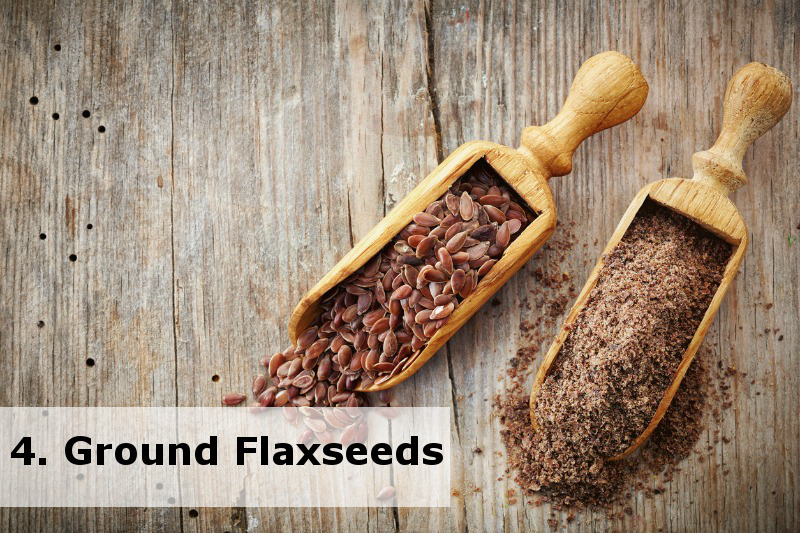
Another seed to throw into the mix! Flaxseeds are a rich source of phytoestrogens which can help to regulate levels of oestrogen in the body. They can be extremely helpful in reducing menopausal symptoms such as hot flushes as well as PMS.
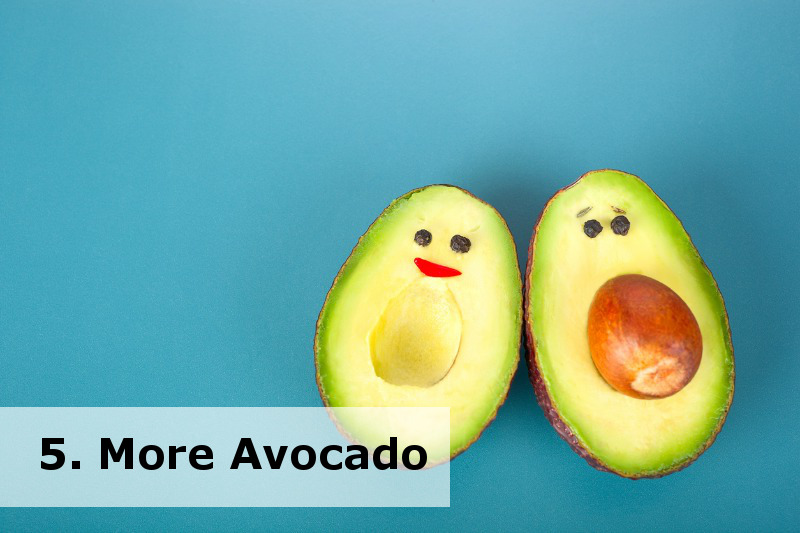
The good kind of fat! Eating a variety of foods high in short, medium and long-chain fatty acids is key to keeping your hormones and lucky for us delicious avocados contain the good kind of fat plus the added bonus of fibre and nutrients such as potassium and vitamin E. Include more of these in the diet, versatile and easy.

I thought this one would grab your attention! I have left the best till last but it’s not the milky type of chocolate, only 70% and up or raw chocolate is even better! The cacao bean is full of antioxidants and many hormone friendly minerals like magnesium. But watch the sugar content as some are sky high and that will wreak havoc with your hormones, the darker options often have less sugar.
So there you have it, the first 6 foods to start including. What should you do with these? It’s simple, try including more of these foods into your diet to help bring everything back into balance. Think of me as your hormone’s best friend – those of you who are familiar with my personal story will know that I walked this path for many years. Want to do more about balancing your hormones? Follow my 28 day plan in my latest book The Balance Plan.
Nourishing well wishes,
Angelique
Consult your doctor or health care practitioner for any health problems, and before embarking on any new health regimes, using any supplements or before making any changes in prescribed medications or food programmes.


